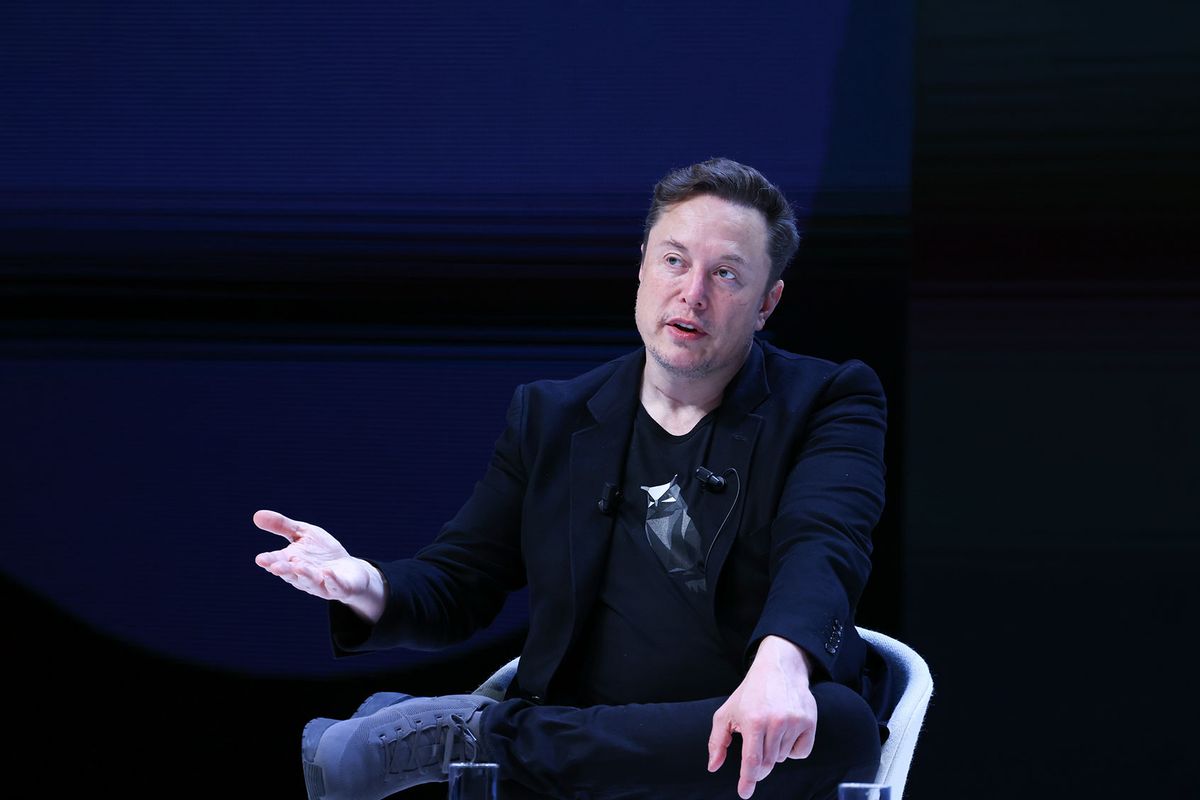Elon Musk on Wednesday called for the elimination of the Consumer Financial Protection Bureau, an agency that was founded in 2010 with a broad mandate to protect Americans from unfair and predatory financial practices.
“Delete CFPB," Musk wrote in an X post Wednesday morning, calling the Federal Reserve-funded agency an example of “too many duplicative regulatory agencies” in the federal government. That reasoning has been questioned by numerous experts, who note that the CFPB was founded precisely because none of the overlapping financial watchdogs at the time focused on consumer protection.
"But there's no reason to think facts or evidence have anything to do with Musk's views," Robert Weissman, co-president of consumer advocacy group Public Citizen, said in a statement. "Asking the world's richest person, with a direct interest in a wide range of business lines, to run a project to review the federal government's overall operations is absurd and fundamentally corrupt — and this issue highlights exactly why."
Musk's opinions on government reorganization carry more weight now that he has been appointed co-leader of the so-called "Department of Government Efficiency" by President-elect Donald Trump with a charge to cut federal spending across the board — with as little input from Congress as possible.
The billionaire owner of SpaceX did not specify why he objects to the CFPB, but it has often incensed the nation's most powerful banks, credit unions, debt collectors and other financial entities. And Musk takes advice from other wealthy members of Trump's circle like venture capitalist Marc Andreessen, who earlier this week accused the CFPB of "terrorizing financial institutions" in an appearance on Joe Rogan's podcast.
Andreessen’s firm has supported a number of technology companies that have run afoul of the CFPB, including a LendUp Loans, which the agency shuttered in 2021 on the grounds that it misled customers about its loan policy and overcharged military service members. The CFPB distributed nearly $40 million to consumers who had borrowed from that company. That's a fraction of the $19.6 billion in compensation, canceled debts and other kinds of relief that the CFPB has secured since its founding in wake of the 2008 financial crisis.
Under President Joe Biden, CFPB director Rohit Chopra has issued rules that would require banks to give consumers their financial data free of charge, shield consumers from medical debt and limit overdraft fees. Last week, the agency finalized a rule to scrutinize tech companies dealing with digital funds, a business where Musk is expanding his own footprint. In response to CFPB oversight, many large companies have sued the agency, complaining that it had exceeded its legal authority.
Musk's desire to eliminate the CFPB echoes calls by Trump's former aides who were involved with the Heritage Foundation's Project 2025. But even if Musk fails in this objective, Trump has other ways to render the CFPB impotent. Many of his top aides are looking for candidates to lead the agency that would rescind recent rules, cancel investigations and soften its enforcement. During Trump's first term, the CFPB under then-interim Director Mick Mulvaney, struck down rules targeting payday lenders, cancelled a number of lawsuits and requested a budget of zero dollars from the Federal Reserve.



Shares